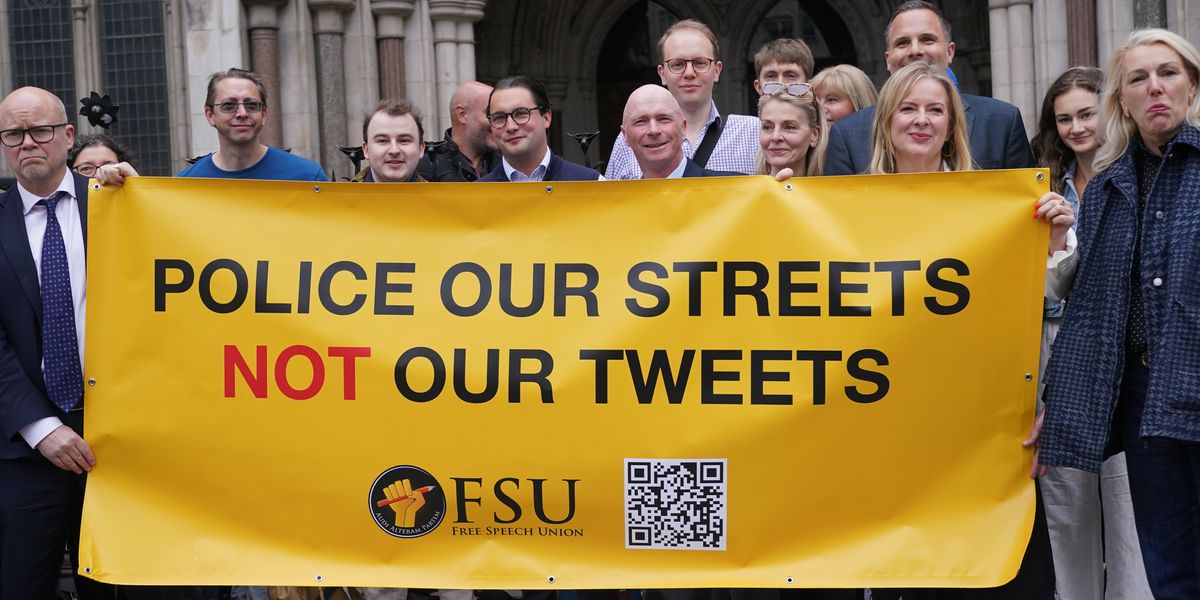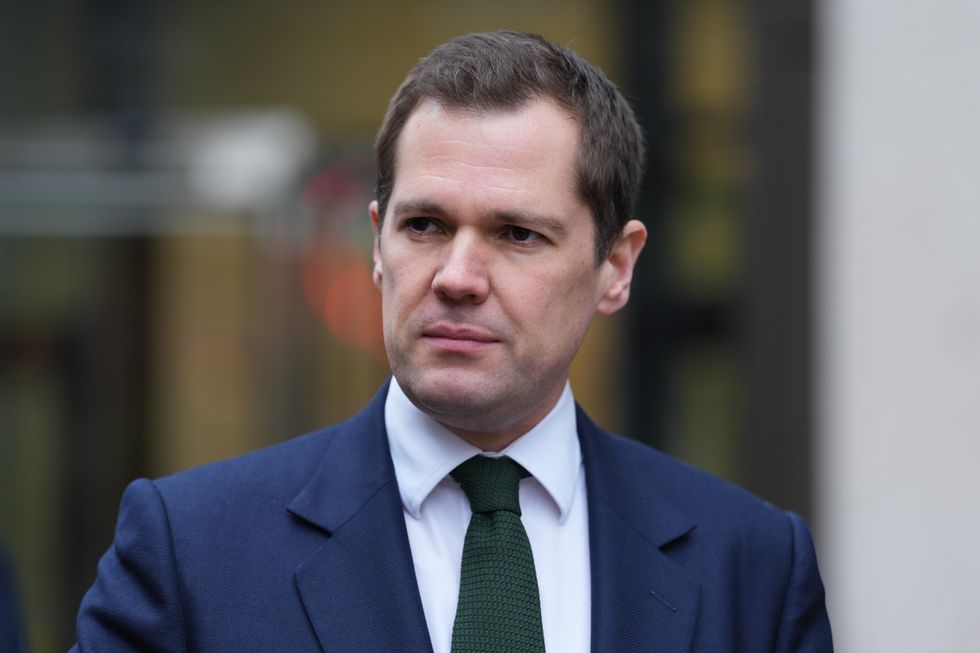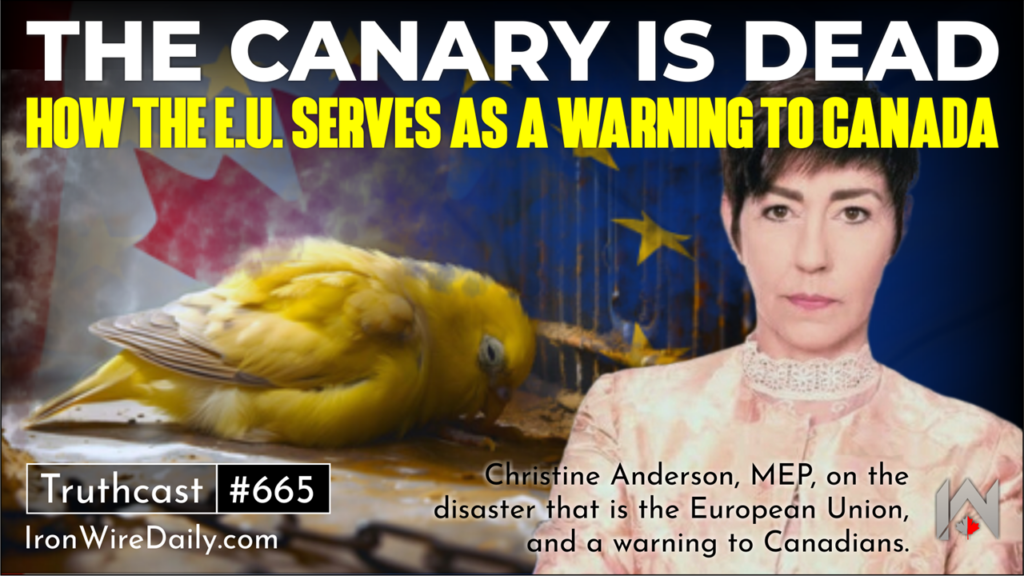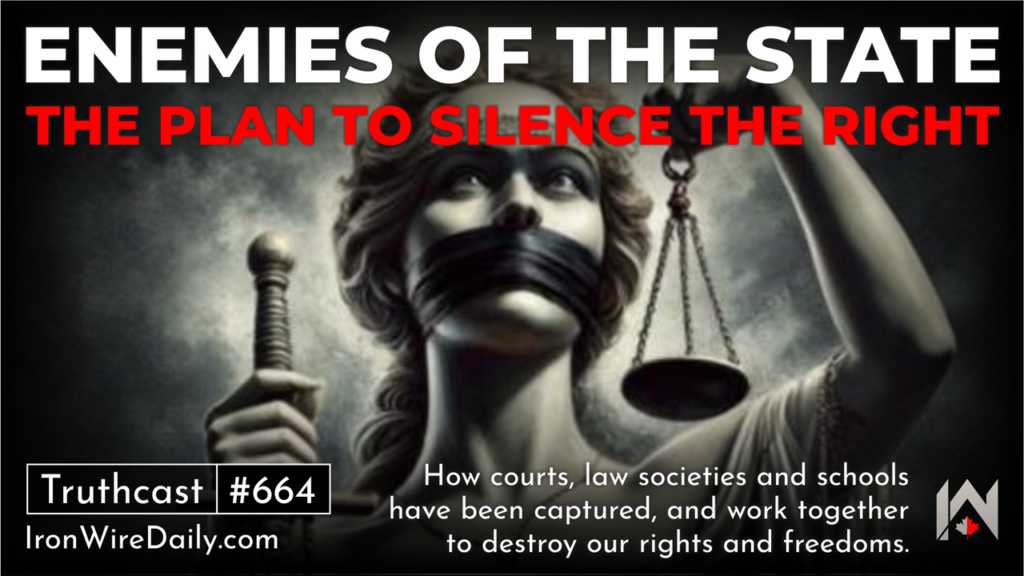Free speech is under threat as Britons fear speaking out on immigration and religion, study finds

A new study has revealed that nearly half of Brits feel restricted from speaking freely about race and immigration.
Britons believe people are too easily offended by comments and debates, according to the data.
The research, commissioned by the Commission for Countering Extremism and conducted by Ipsos, found that 49 per cent of those surveyed think people take offence too readily, particularly when discussing sensitive topics.
The study of 2,500 people examined the state of free speech in Britain following recent controversies.
PA
|
A new study has revealed that nearly half of Brits feel restricted from speaking freely about race and immigration
This figure rose to 41 per cent for transgender issues.
White, male, older and non-graduate groups showed the strongest support for free speech principles but paradoxically felt most restricted in expressing their views.
Nearly half of this demographic said they restrained their comments on race at 48 per cent, significantly higher than the 36 per cent average, with 43 per cent feeling constrained on immigration compared to the overall 32 per cent.
Christians emerged as more likely to support free speech rights but also more inclined to self-censor their views.
PA
|
The study of 2,500 people examined the state of free speech in Britain following recent controversies
Women, younger Britons and ethnic minorities tended to favour greater sensitivity in speech, with 29 per cent overall agreeing people should be more careful with their words.
This rose to 34 per cent amongst women, 45 per cent for ethnic minorities and 45 per cent for non-Christians.
By contrast, 56 per cent of men, 54 per cent of white ethnicities and 59 per cent of Christians believed people were too easily offended, nearly double the rates for ethnic minorities and non-Christians.
Race and ethnicity were the sole topics where more people favoured avoiding offence over speaking freely, by 42 per cent to 34 per cent.

PA
|
Robert Jenrick, the Shadow Justice Secretary, said: ‘The Left’s determination to shut down debate around immigration has created a chilling environment for free speech’
The primary motivation for self-censorship was avoiding offence or arguments, with 46 per cent restraining themselves when discussing religious figures, texts, or teachings, and 35 per cent holding back on political views.
Safety concerns also played a role, with 25 per cent citing fear for their wellbeing when discussing religious topics and 17 per cent for political views.
The research identified approximately 37 per cent of respondents as particularly concerned about societal change and their ability to speak freely on contentious issues.
Robert Jenrick, the shadow justice secretary, said: “The Left’s determination to shut down debate around immigration has created a chilling environment for free speech.
“In this context, a catch-all definition of Islamophobia would be a disaster, worsening the culture of fear that has spread throughout society.”















